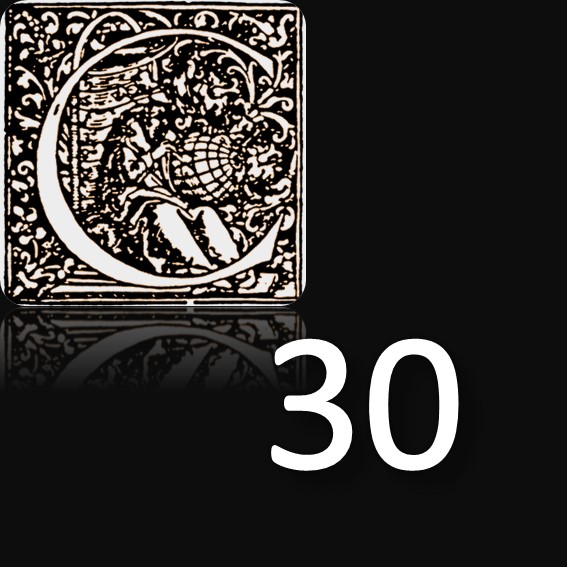Metallurgical processes as a way of controlling the deviations of gold practiced in Vila Rica (1770- 1807): the investigations in the punishment of the accused
DOI:
https://doi.org/10.23925/1980-7651.2022v30;p39Palavras-chave:
History of Science, History of Brazil, Mining Works, Gold Deviations, Metallurgical processesResumo
Since a long time, the extraction of gold in the Captaincy of Minas Gerais had yielded profit to the Portuguese Crown. This occurred from the discovery of the first deposits, in the late seventeenth century, in Vila Rica, and in several other places in the territory of Minas Gerais. By the end of the 18th century, however, gold production was in ruins and nothing else was removed from the metal in the places where it was extracted. In this way, the Portuguese government began to plan actions to increase the tax collection of the fifth, forcing the miners to extract more gold, even with the difficulties related to the decay of the mines. In addition, the Portuguese adopted measures to prevent the crimes of deviations - misappropriation, frauds, falsification of metal and its products fused in the Mints and Foundry - practiced in the regions of gold extraction, such as Vila Rica. A resource used to curb these practices was the opening of investigation that was adopted in the Kingdom of Portugal to investigate the denunciation of a crime and then apply the punishment to the accused. This thesis, in this context, specifically analyses a process of investigation of the deviation of gold and diamonds conducted by the Intendant of the Royal Foundry, Jozé Caetano Cezar Manitti, in Vila Rica, in 1792. The research used as an investigation method to analyse issues related to the metallurgical processes of gold purification and testing. In the comparison with other documents, it became evident that the Portuguese Crown had experienced officers, long years in the profession, with the knowledge chemical of substances to avoid excessive spending on the purification of gold, essential in the control of deviations.


.png)
